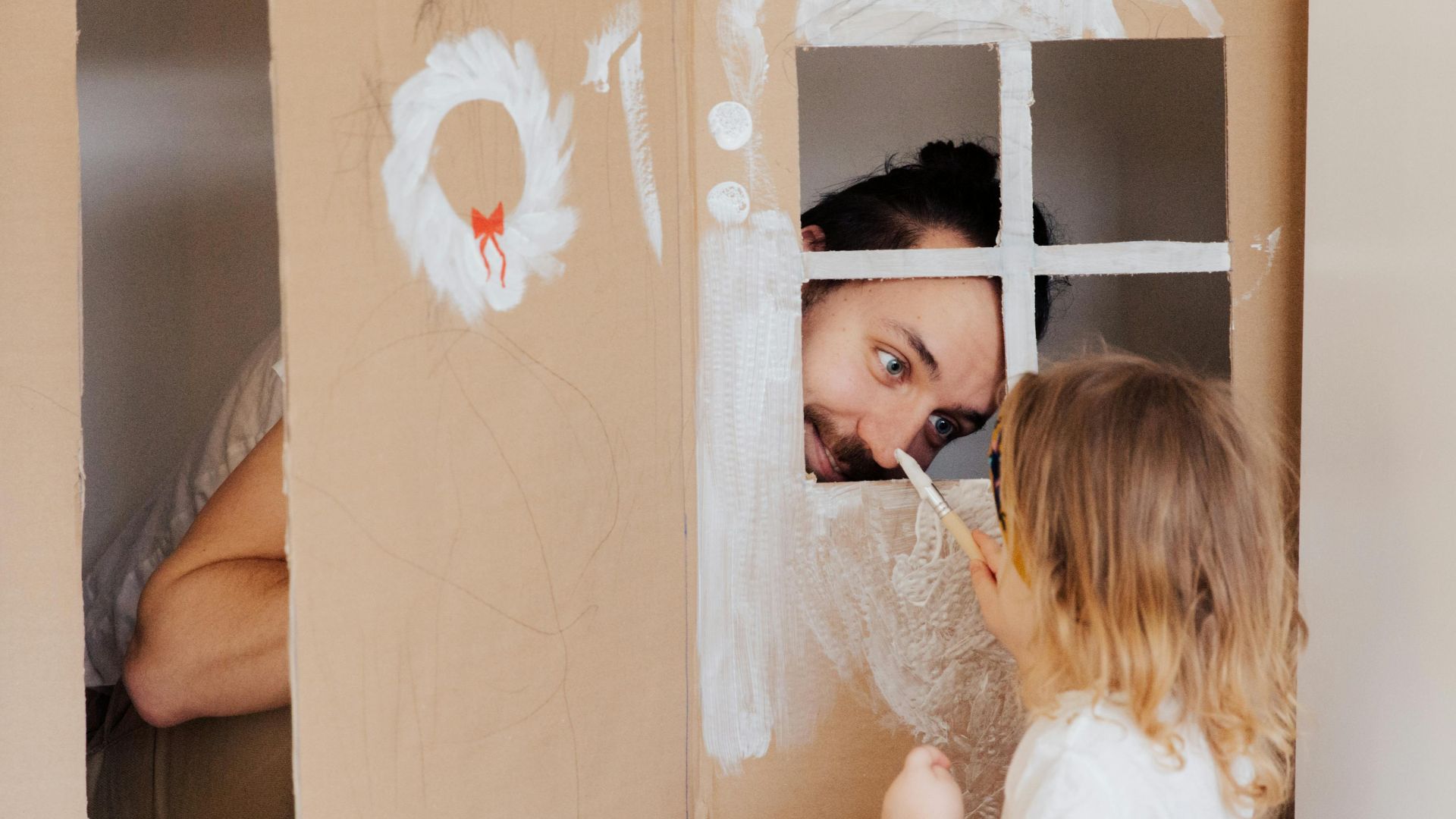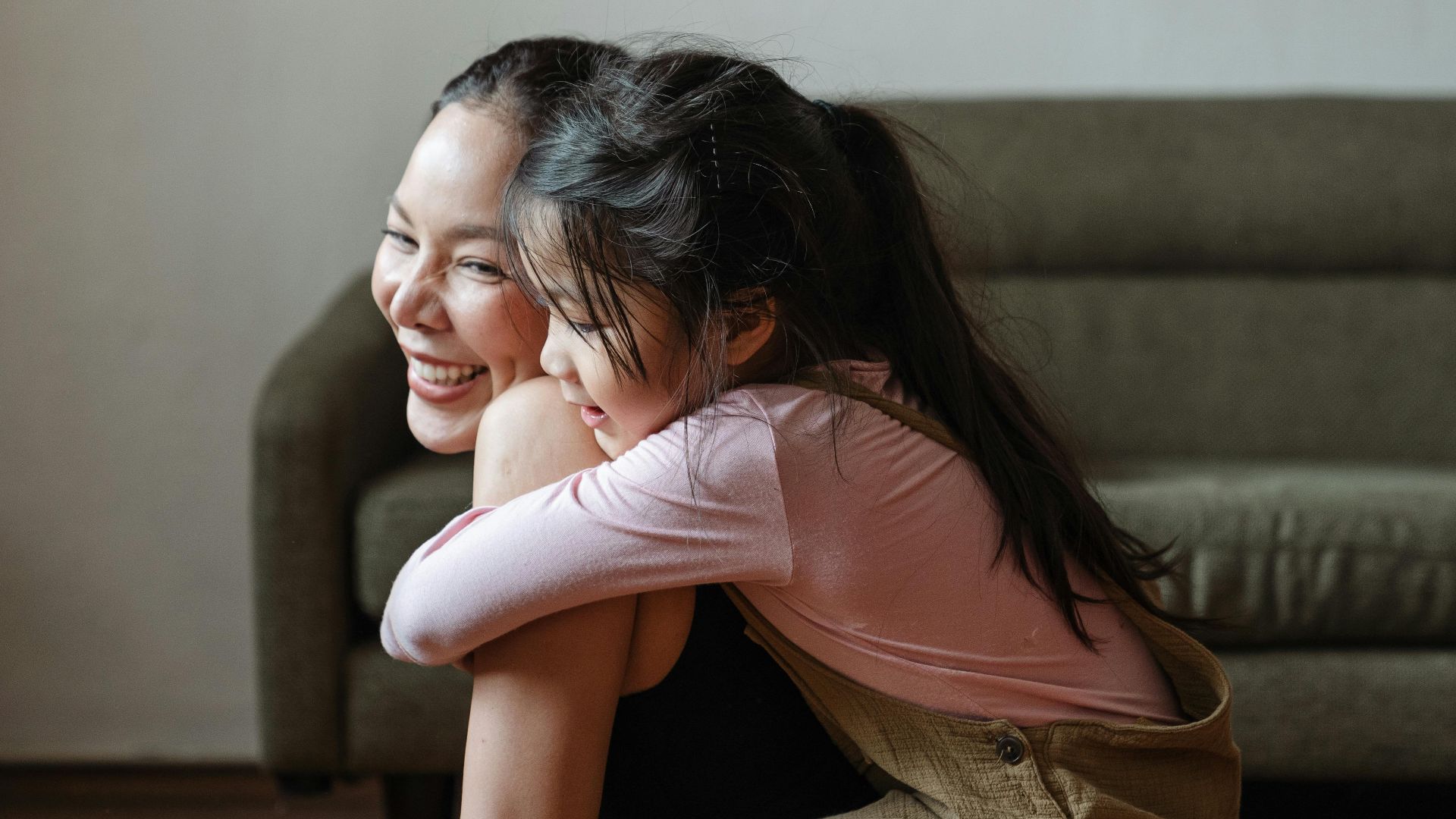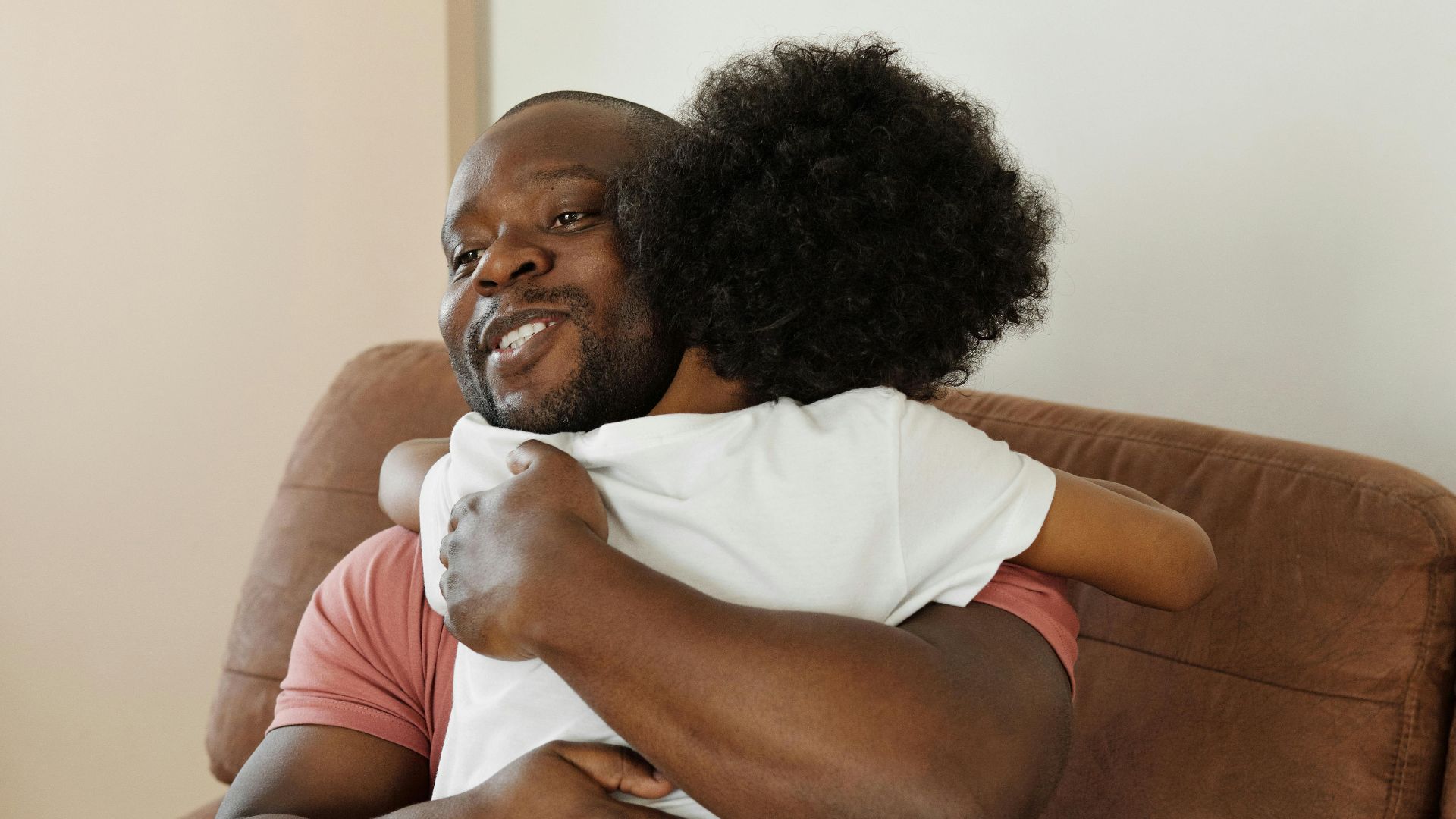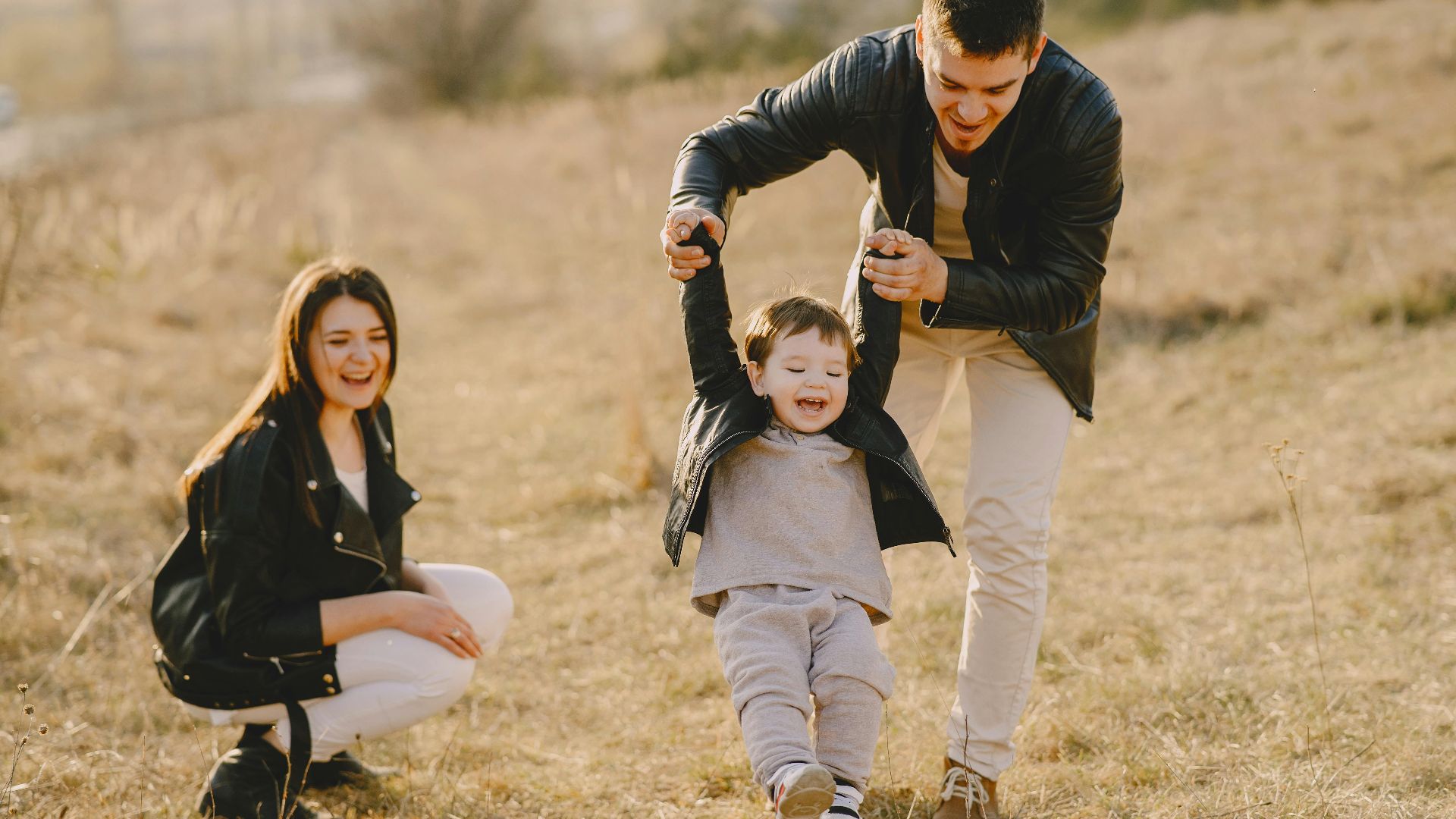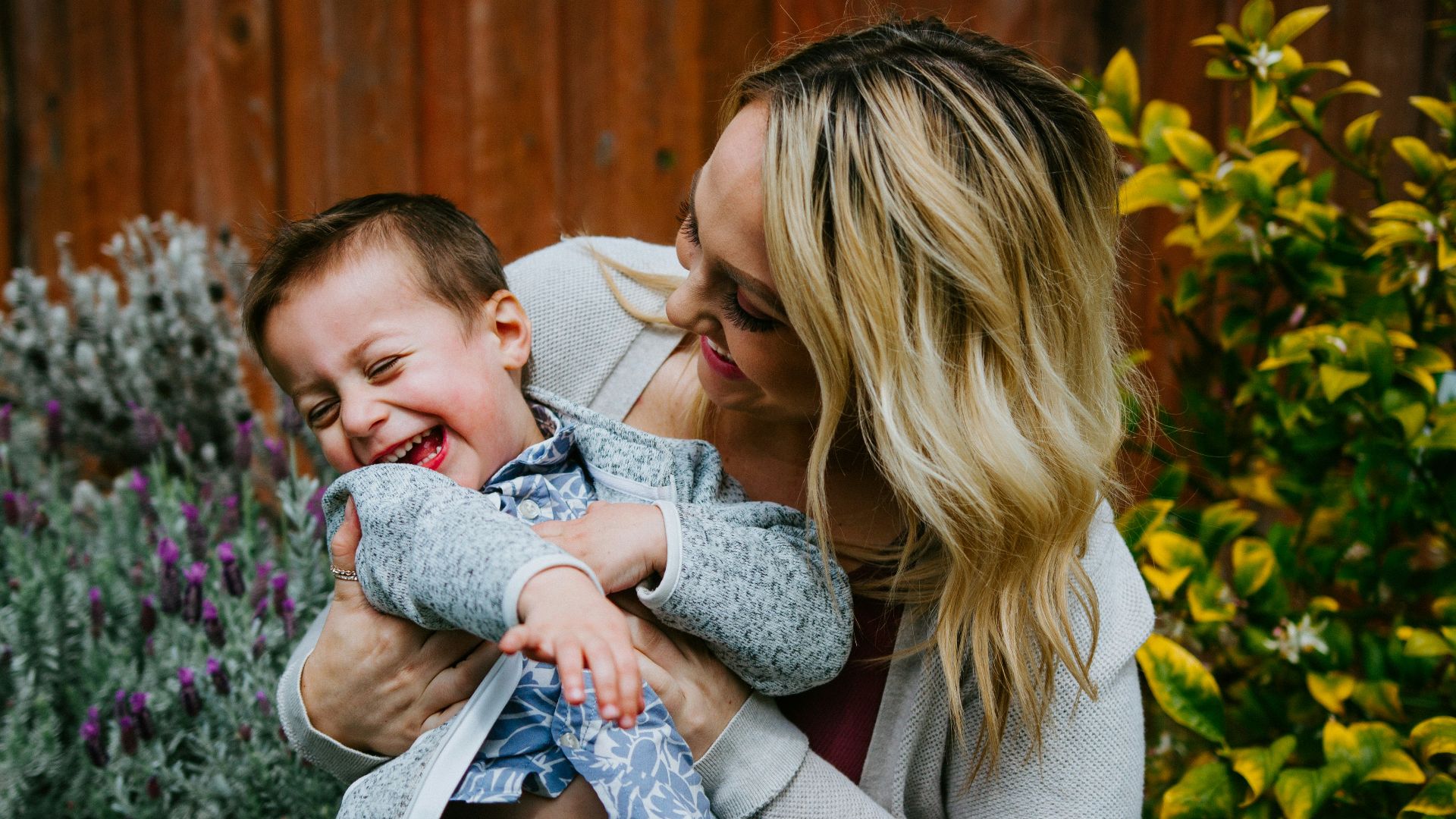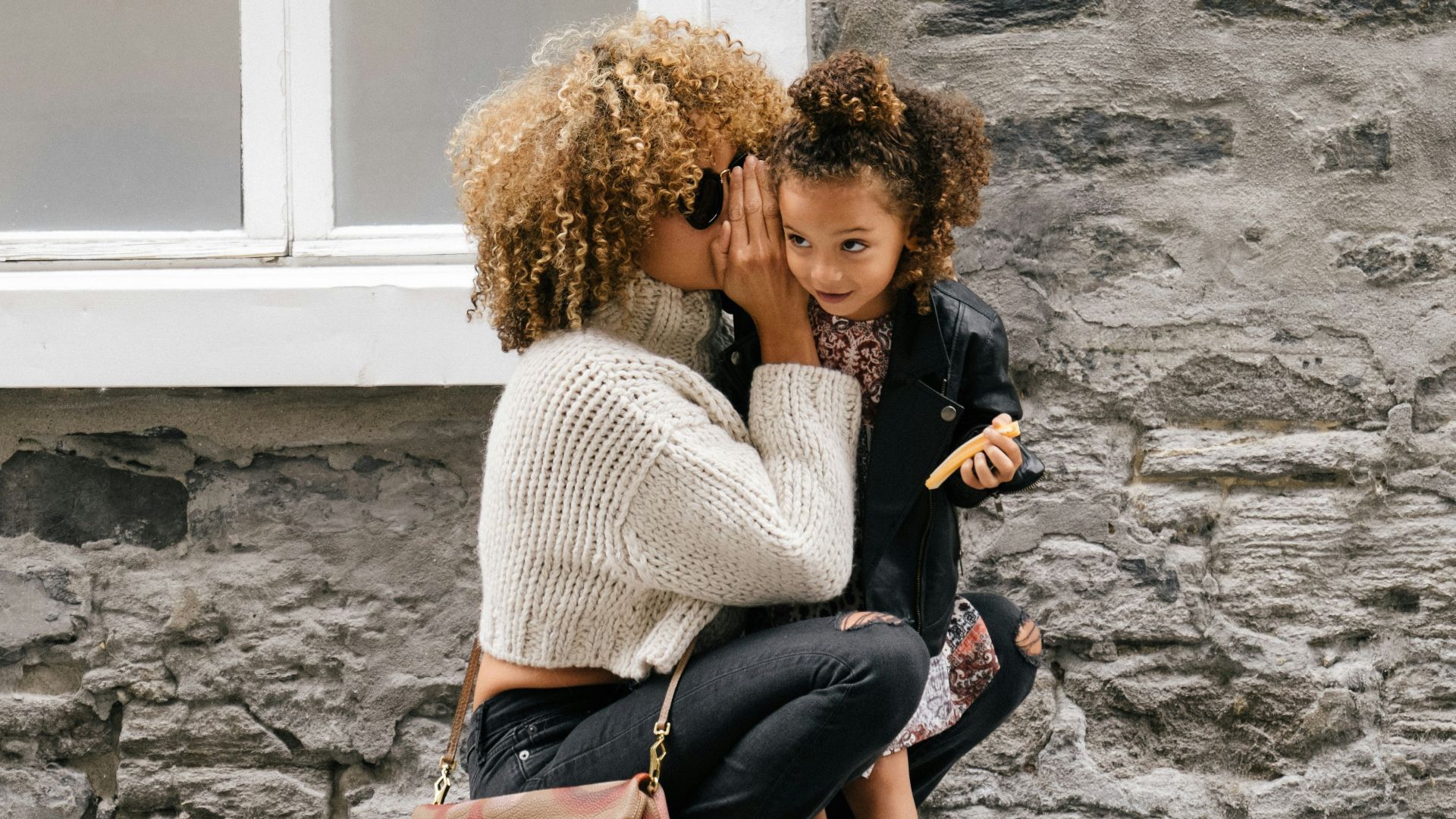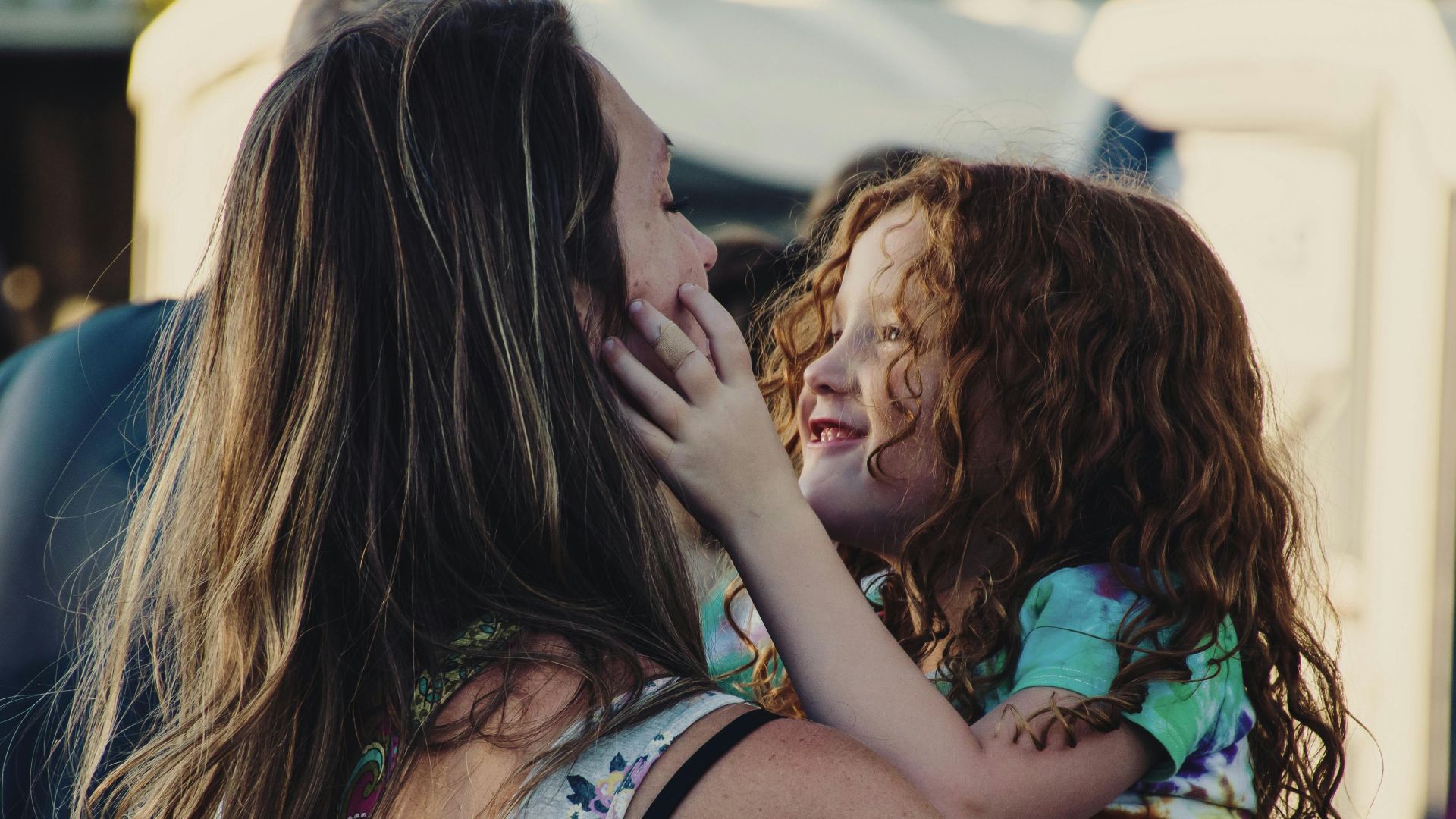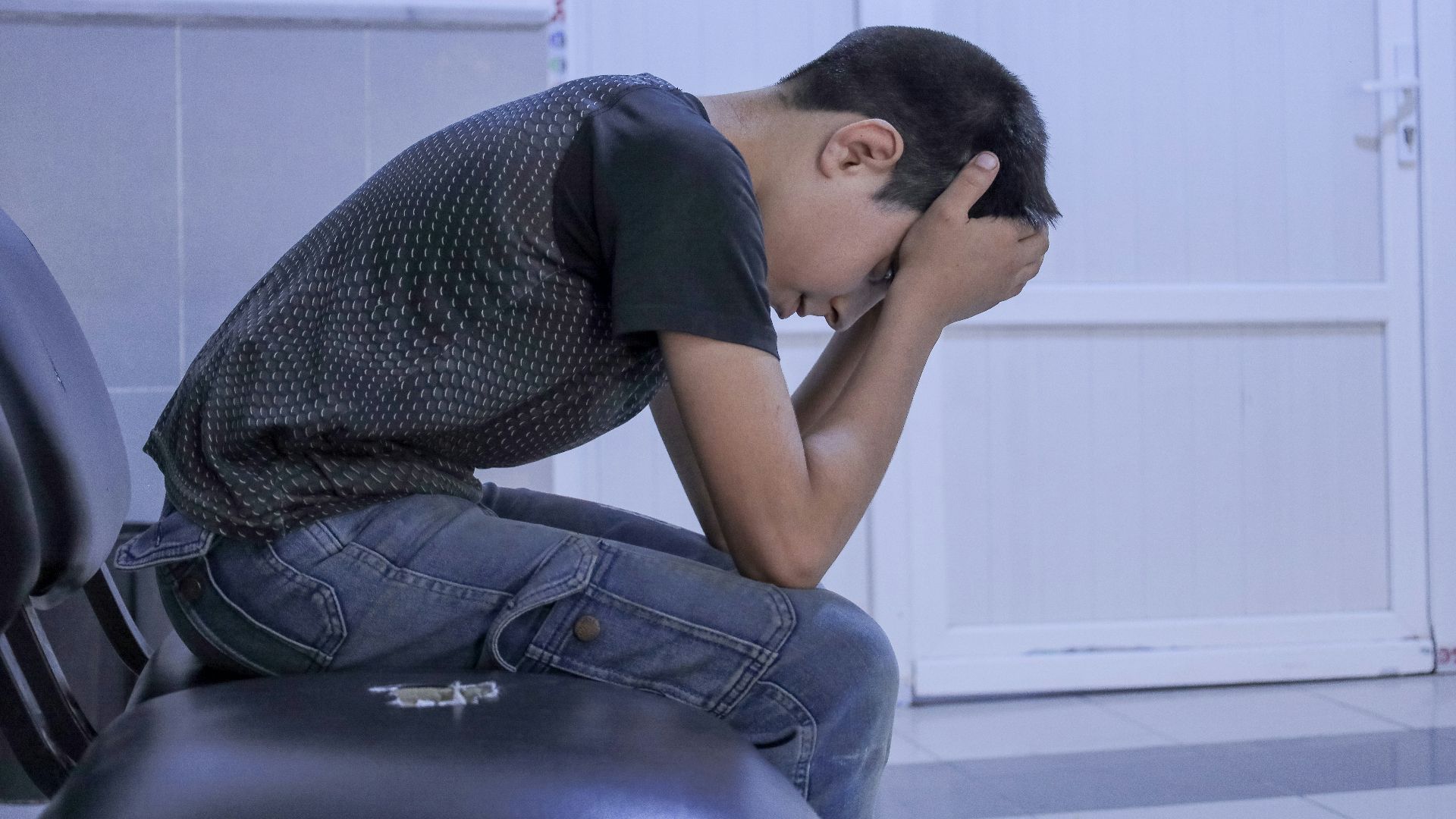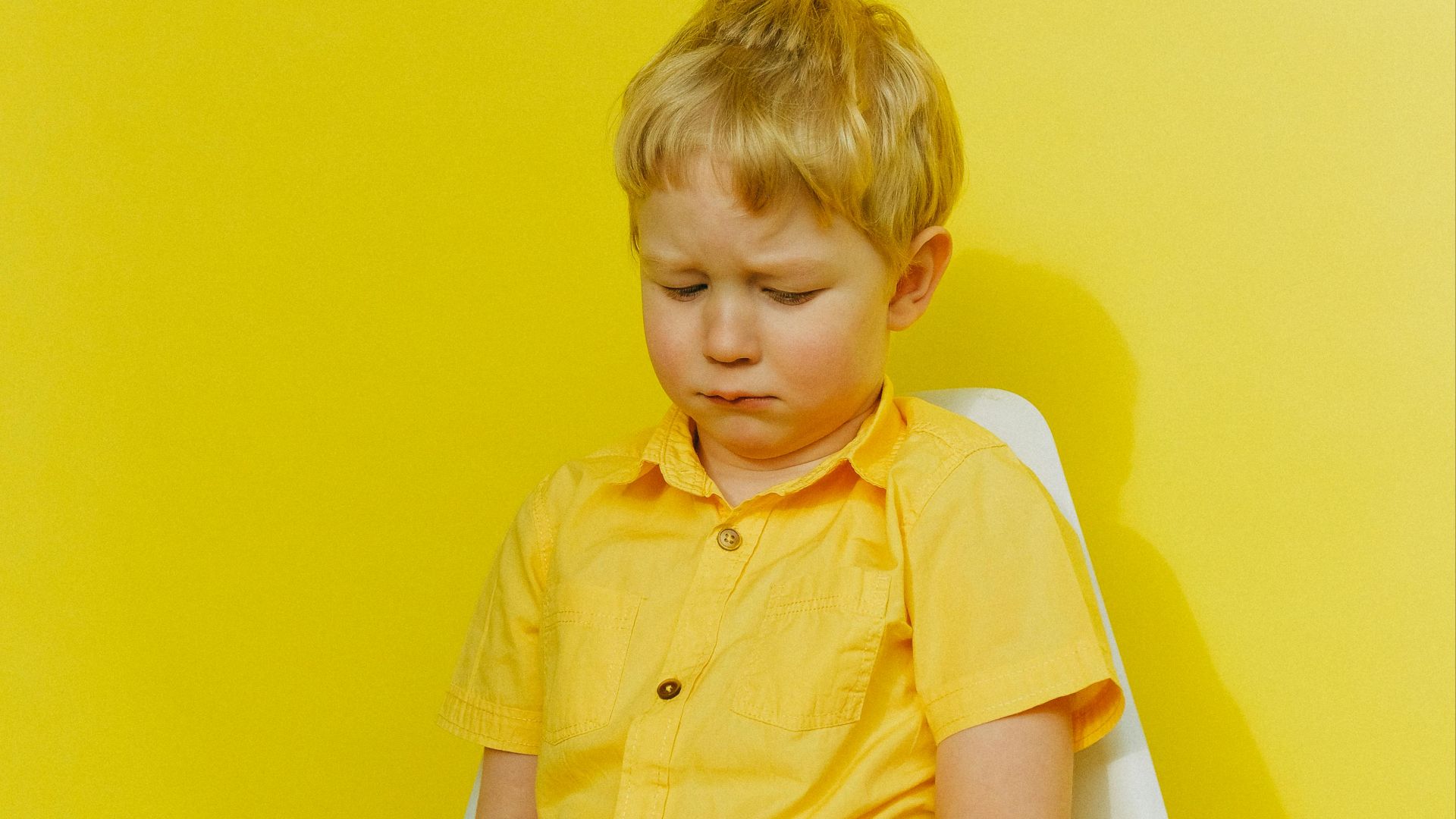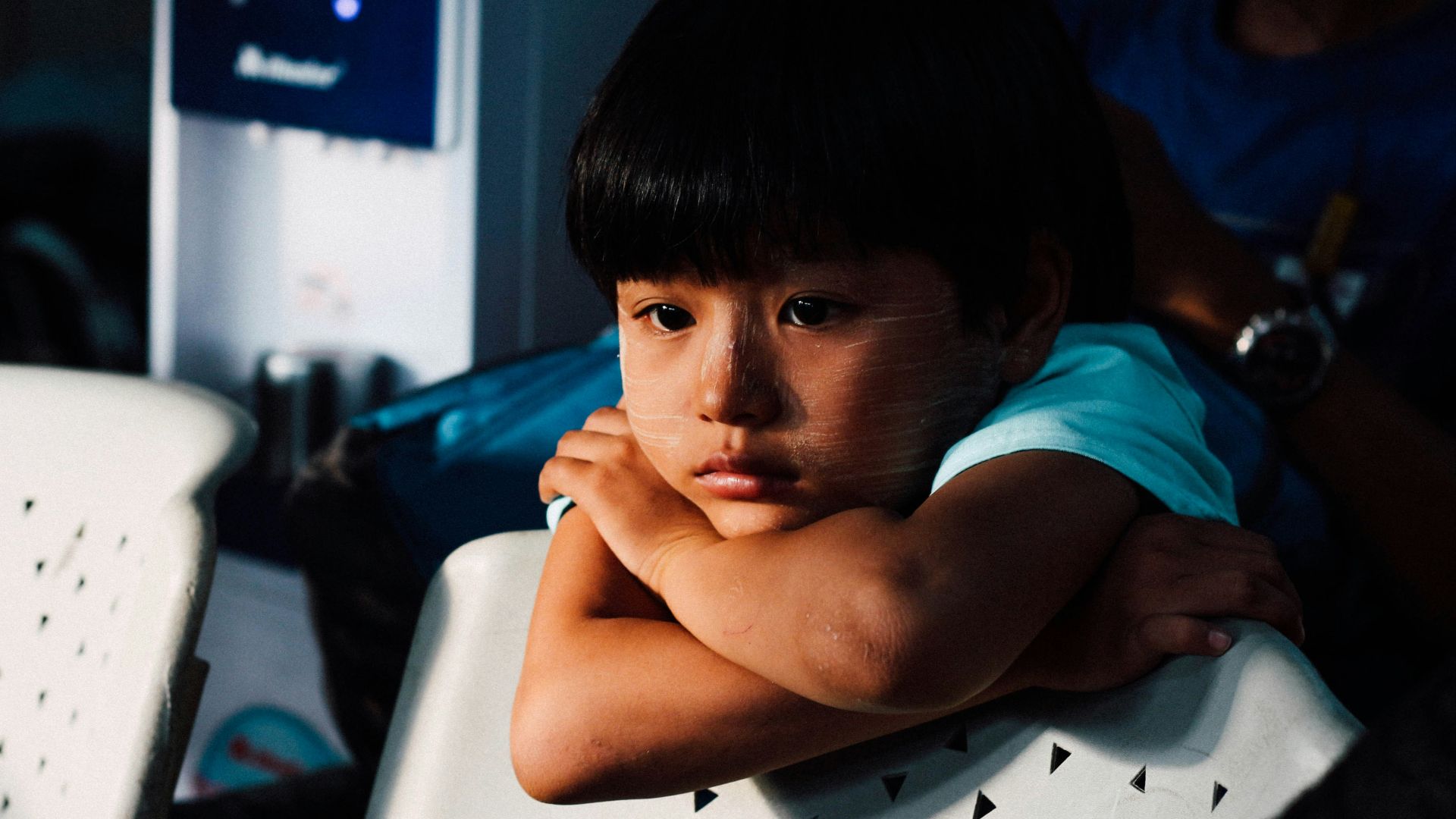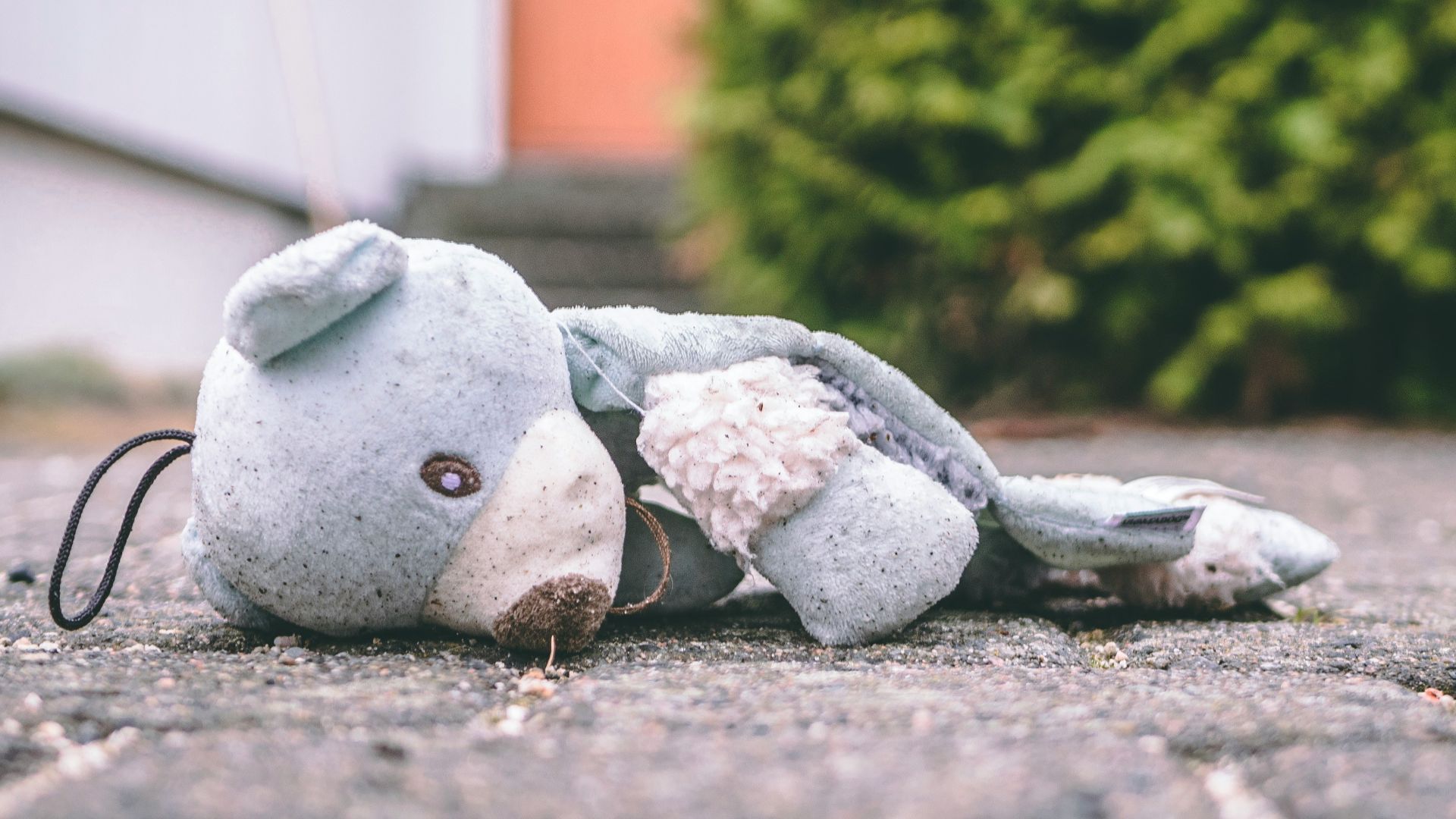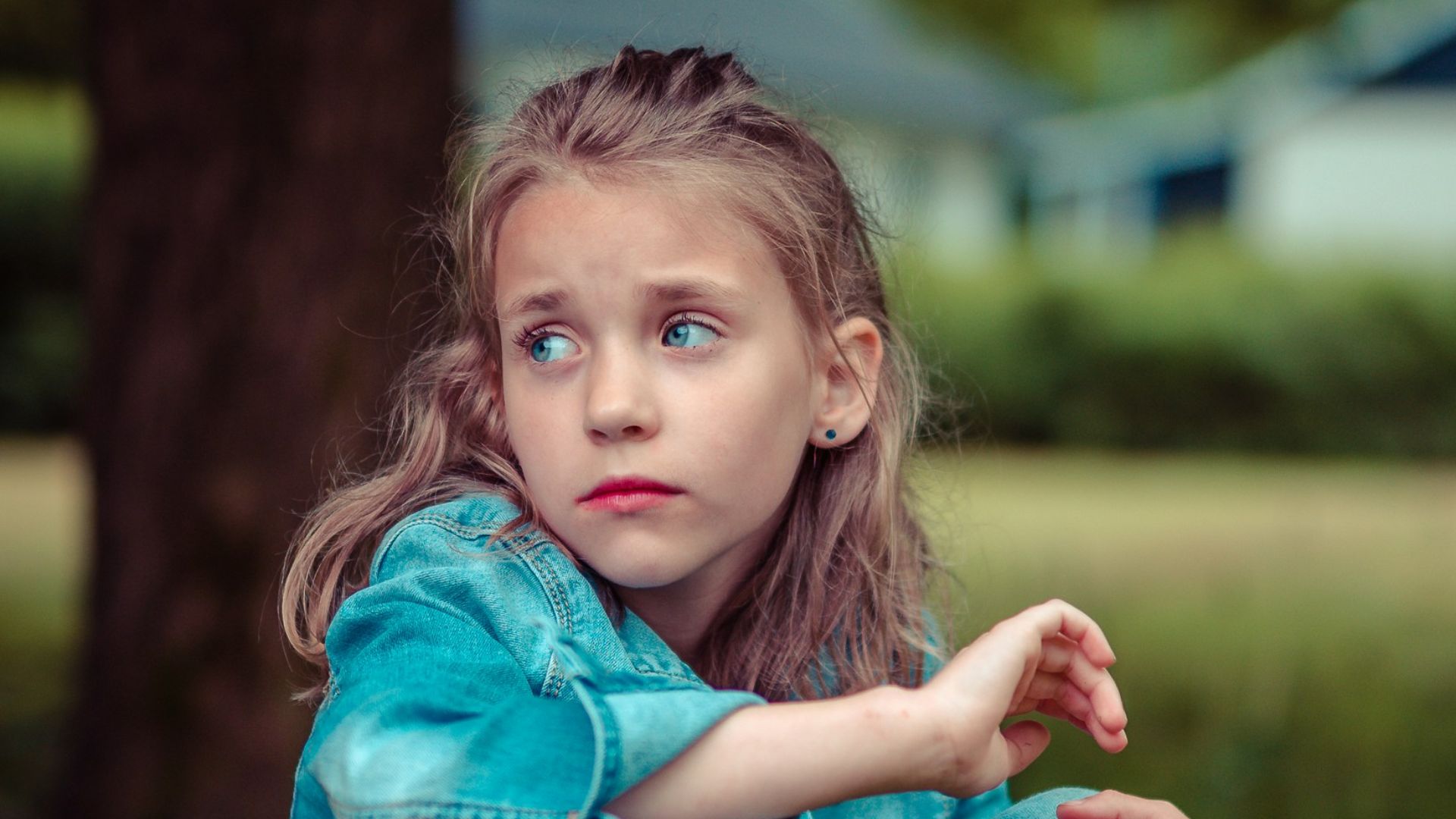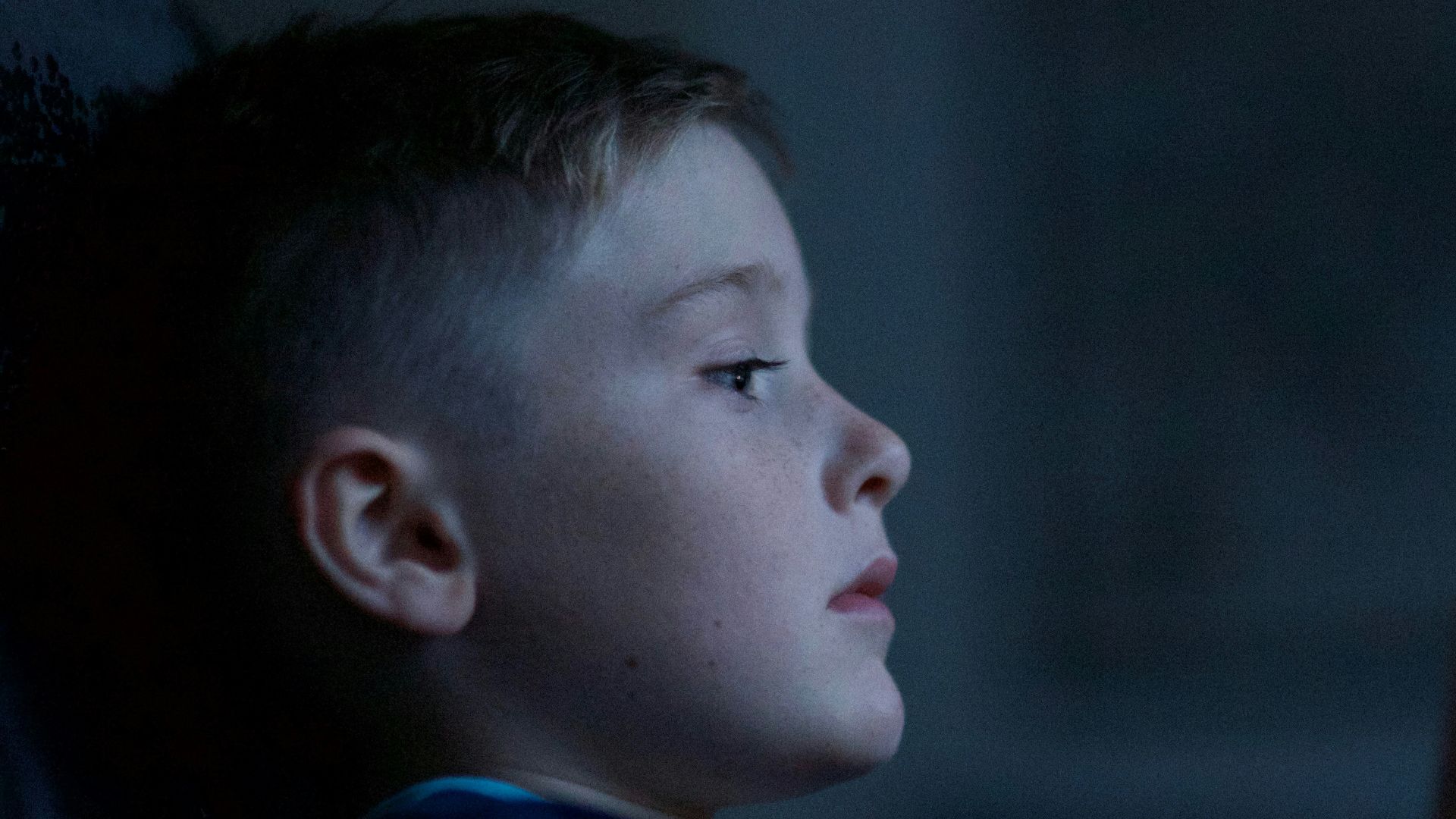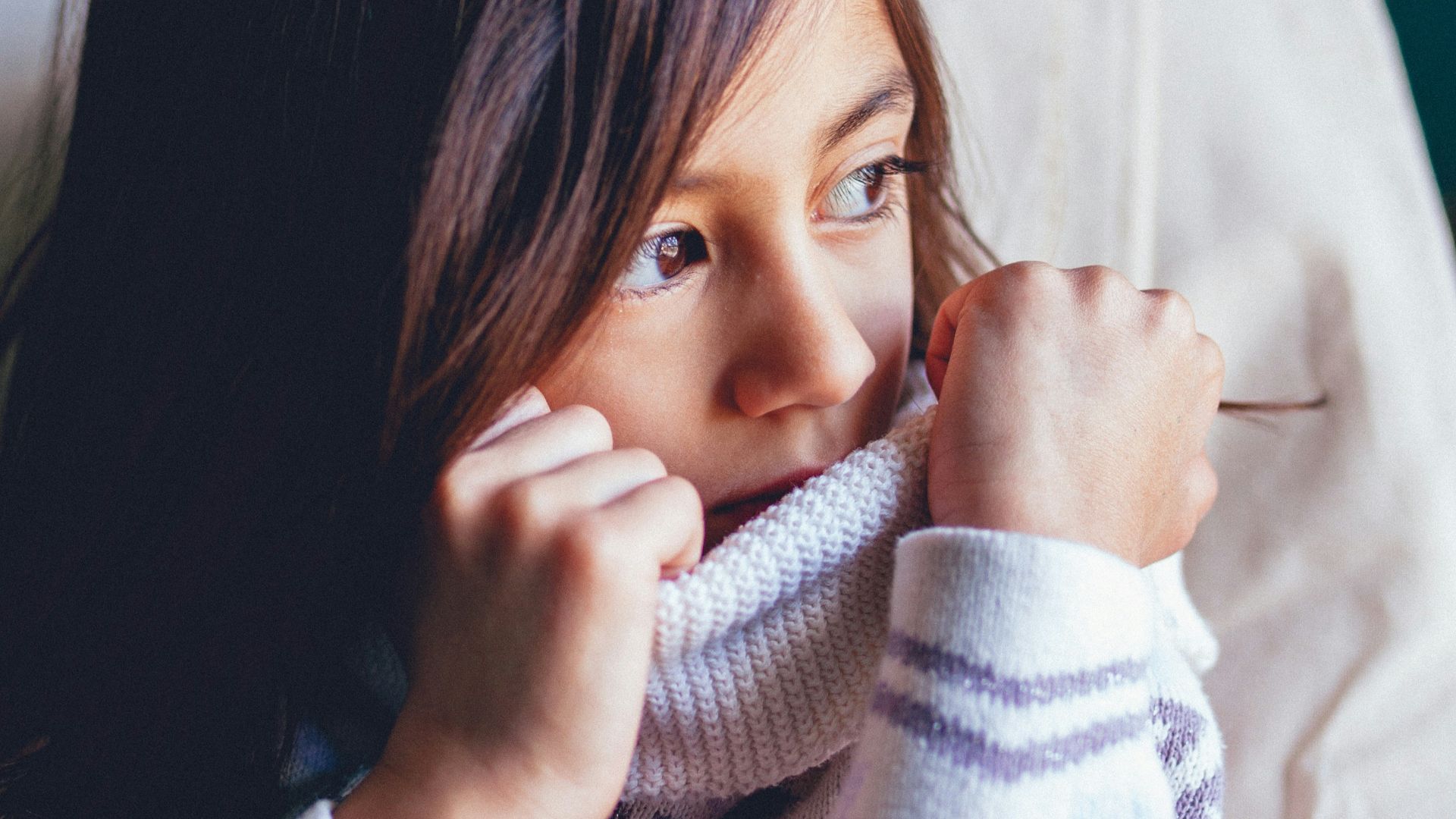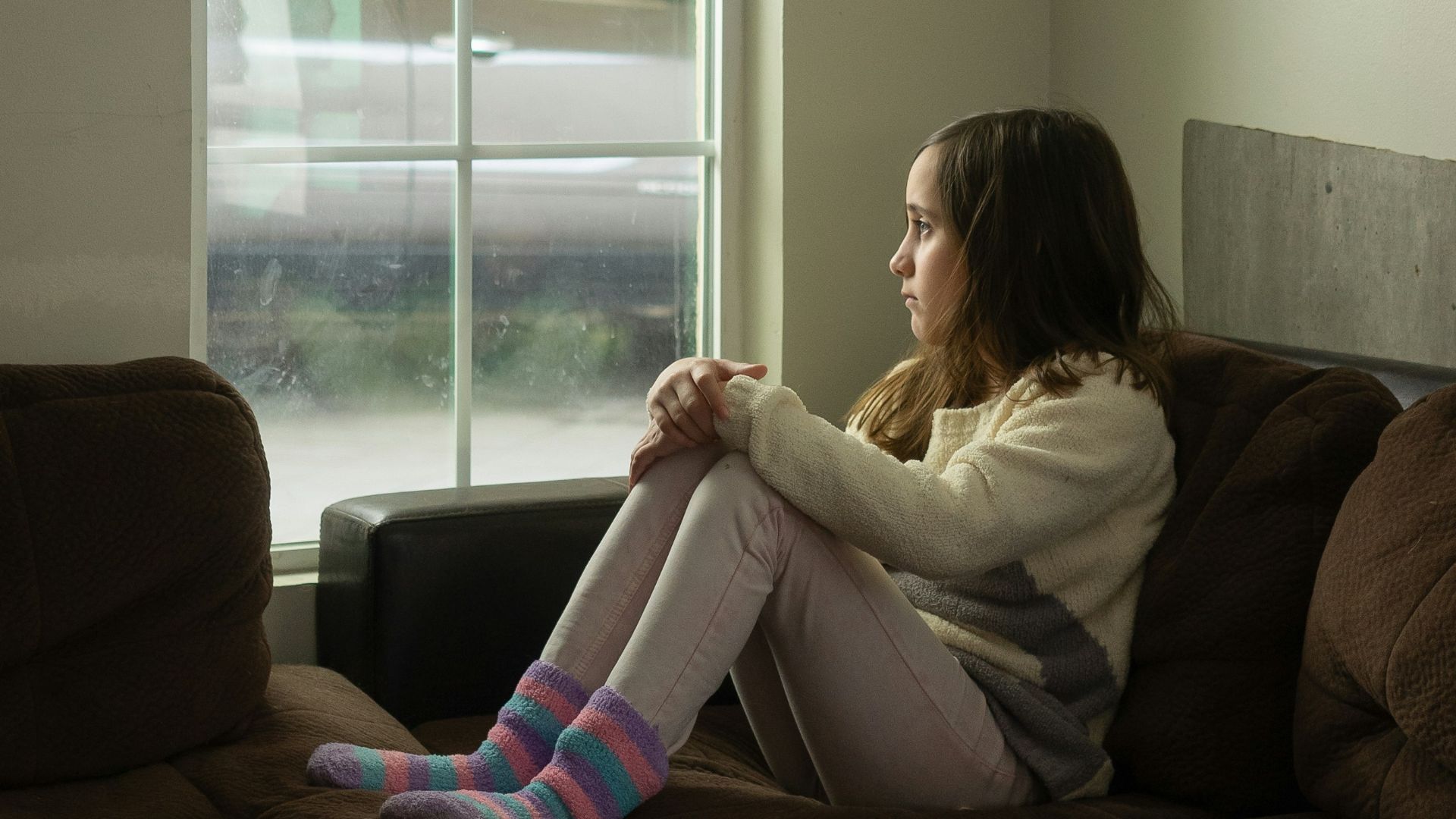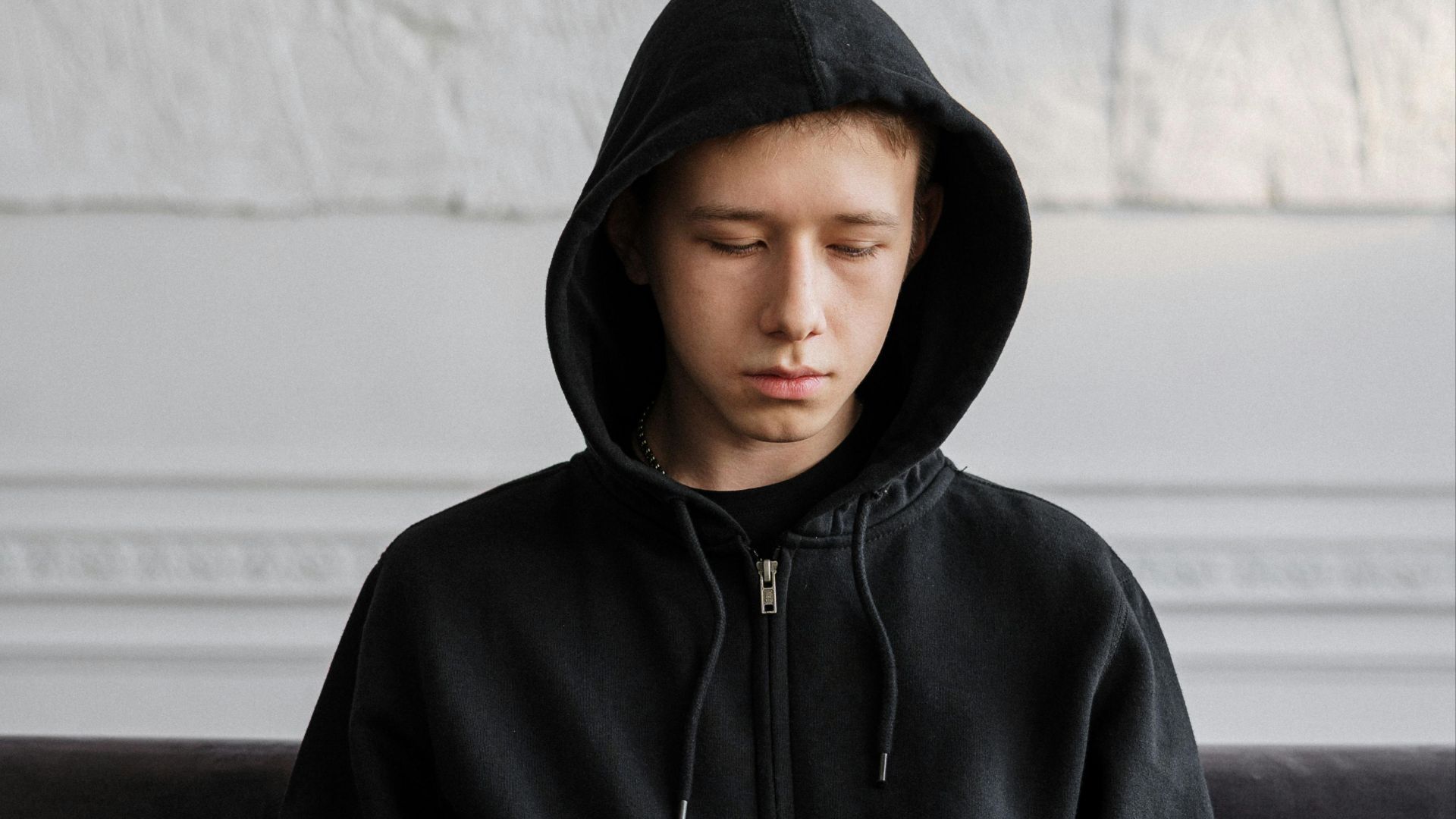10 Traits Everyone Deserves In A Parent Growing Up & 10 That Can Scar Them For Life
What Kind of Impact Did Your Parents Have?
They say that parents try their best, and while that’s certainly true in most cases, someone’s “best” can also leave children with anxiety or emotional trauma in adulthood. When you’re expected to be a constant example, you never know how much of an impact the smallest personality trait has on a child—and that’s why we’re here to break them down.
1. Unconditional Love
Children go through a lot of changes growing up, some of which have a lasting impact on their identity. The last thing they want (or deserve) is a parent who immediately labels them or completely turns their back after a revelation. The best parents accept their kids for who they are and will even take the steps to expand their understanding.
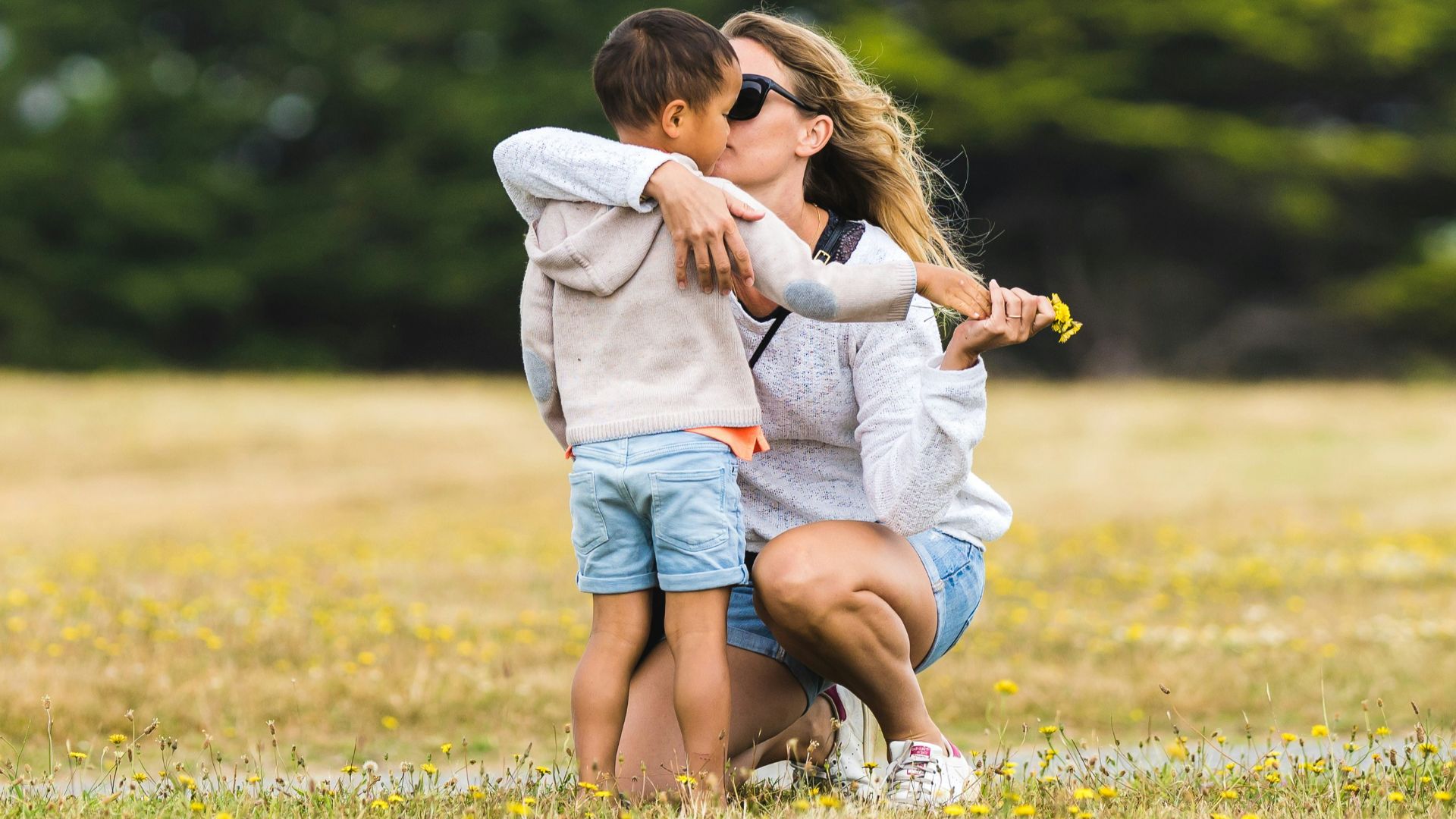 Guillaume de Germain on Unsplash
Guillaume de Germain on Unsplash
2. Patience
Toddlers are…a challenge. Teenagers even more so. It’s natural for parents to lose their cool once in a while, but it’s another thing to snap at kids for tantrums or say things they can’t take back. That lack of patience can also affect children into adulthood, who may have anxiety about their decisions or develop their own impatience.
3. Support
Parents should support their kids growing up—and that can mean a lot of different things. It can mean attending their recitals. It can mean buying them a sketchbook if they want to be an artist. Encouraging children to embrace their personalities allows them to be creative in a safe environment.
4. Honesty
It’s okay to tell your kids Santa exists! However, it’s another to refuse accountability. It might seem harmless in the moment, but turning your back on your mistakes can seriously hinder a child’s understanding of the world. It can also gaslight them. In a lot of cases, honesty is the best policy.
5. A Sense of Humor
Just because you’re a parent doesn’t mean you can’t be funny! In fact, having a good sense of humor encourages your child to see the bright side of life. They’ll understand that instead of blowing a gasket, they can laugh off minor inconveniences. They can also share a joke to welcome others into their social circle.
6. Being a Role Model
Parents are onstage 24/7—everything they say and do can be used against them in a future therapist’s office! It’s more than a little daunting to set a good example, but it’s also a cornerstone of good parenting. You set the stage for how you want them to treat others, including themselves.
7. Empathy
So, the barista messed up your order. You have two choices: you can scream at them, or you can recognize that it’s their first day. Our vote is option B! Empathy not only extends compassion to others, but it also fosters a healthier relationship with your child as you understand them on their level.
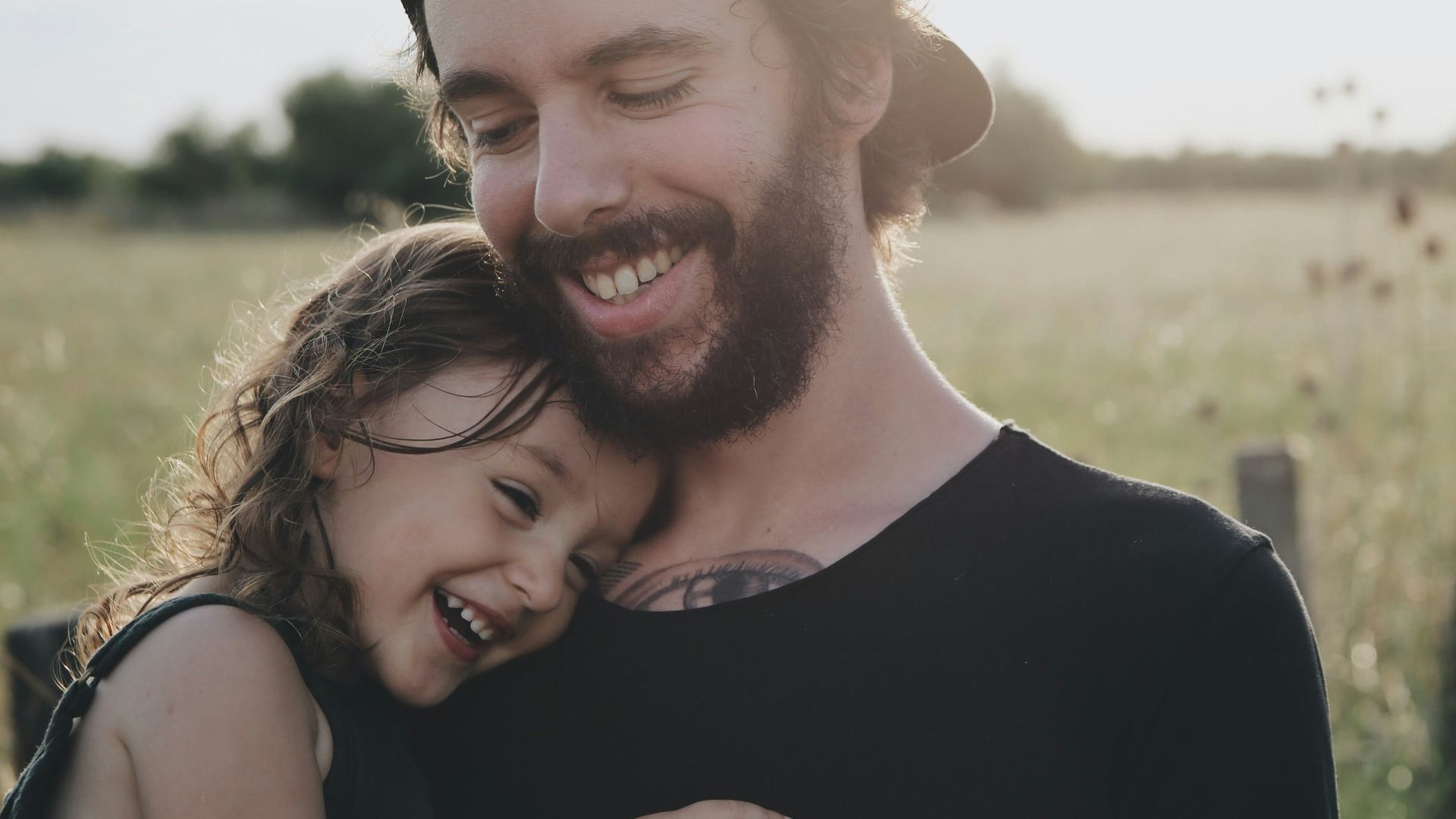 Caroline Hernandez on Unsplash
Caroline Hernandez on Unsplash
8. Boundaries
When a child’s boundaries aren’t respected, don’t expect them to develop confidence. Instead, they learn that their lines in the sand mean nothing, which not only hurts them but can also lead to problematic relationships in the future. On the other hand, it’s also important to teach kids about others’ boundaries; doing so encourages self-control and respect.
9. Confidence
You might not like your outfit, but that doesn’t mean you should put yourself down—especially in front of your child. Remember: kids track everything you say and do, and in those moments, they learn that negative self-talk is normal. It could easily pass on to them in adulthood!
10. Kindness
Kindness takes many forms: volunteering, donating, smiling at a stranger. There’s no shortage of ways to make someone’s day brighter, and when kids see how willing you are to help, they carry that with them for a lifetime. It also fosters a safer environment for them, as they know they can approach you.
Of course, the sad reality is that not every parent nurtures a loving environment. Let’s dive into some of the worst traits kids experience growing up.
1. No Communication
Communication is one of the pillars of any healthy relationship. However, not all parents are good at it. Some tell their kids that they can ask them anything, and then lose their cool. Others give their kids the silent treatment. Some talk at their kids, not with them. All of these examples can encourage a child to shut down instead of open up.
2. Inconsistency
Parents need consistency for their sake and their children’s. That means the same level of discipline for all the kids. It also means staying consistent with punishments or rules. Children thrive best under safe order, and inconsistency only cracks the foundation.
3. Abuse
Abuse can take many traumatic forms. While physical is often the most spoken of, emotional and verbal are just as damaging to a child’s development. As they age, kids can experience anxiety, depression, poor self-esteem, and even heart disease.
4. Making Every Decision for Them
We know it’s hard, but it’s important to let kids make their own decisions. Equally important, they need to fail on their own, too! If parents handle everything, kids have no sense of independence; they won’t know what to do at the smallest bump in the road, which hinders confidence and a sense of well-being.
5. Constant Criticism
Some parents don’t recognize the impact of their criticism. They might think they’re guiding their children down a better path or gently nudging them about their habits. In reality, daily comments can lead to emotional outbursts, low self-esteem, and a fear of failure come adulthood.
6. Openly Speaking Poorly About Yourself
You’re a child’s number one example growing up, so when you talk down about yourself, kids pick up on it. They not only might think it’s okay for them to say that stuff too, but they could also carry negativity with them as they age.
7. Manipulation
Children might not recognize common manipulation tactics, but they’ll figure it out eventually. Anything from intimidation to isolation can have lasting effects on a child, and it won’t do any favors for your relationship either.
8. Unpredictability
Children shouldn’t have to tiptoe around their parents’ feelings. It’s one thing to lose their cool on a bad day (and apologize afterward), but it’s something else to do a complete 180. Unpredictability only teaches kids to be afraid and to learn how to lie.
9. Comparisons
You might not think comparisons are the end of the world, but they can seriously hurt your child’s self-esteem. They might resent the other person. They might start acting out. They might even start hiding their feelings or accomplishments for fear they aren’t good enough for your approval.
10. Controlling Behavior
Controlling behavior has many faces, but some common examples are: withdrawing love to punish misbehavior, guilting children, making every decision, and invading privacy. Every single one of these can cause anything from emotional suppression to chronic anxiety in the future.



